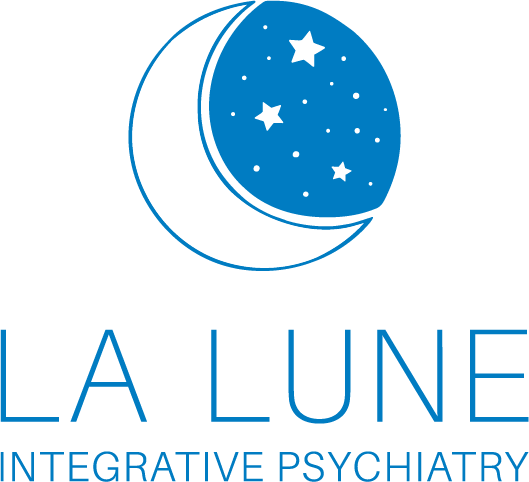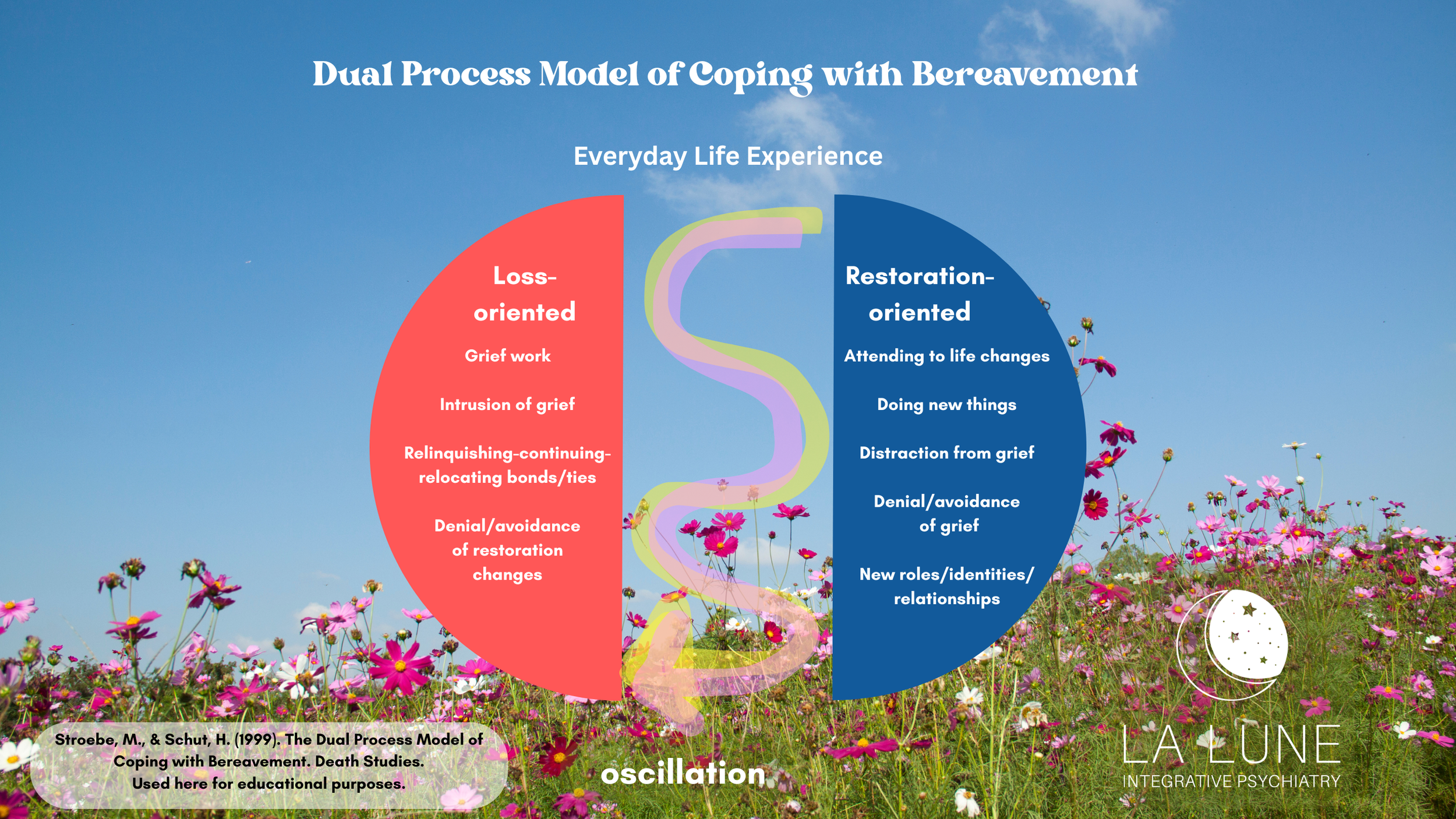Relationship Doubt vs. Relationship OCD: How to Tell the Difference
Medically Reviewed by Elita Wong, PMHNP-BC on October 27, 2025
It’s normal to question your feelings in a relationship from time to time.
Most people have moments of uncertainty — wondering if they chose the right partner, or if the spark has changed. These thoughts usually pass once the moment of stress or fatigue fades.
But for some, those doubts become persistent, intrusive, and distressing. Instead of fleeting questions, they turn into looping fears that feel impossible to control.
This is the world of Relationship OCD (ROCD) — a form of obsessive-compulsive disorder that targets one of the most meaningful parts of life: love.
What Is Relationship OCD?
ROCD is a subtype of Obsessive-Compulsive Disorder (OCD) in which obsessive doubts and compulsive behaviors center around one’s romantic relationship. It is not a separate diagnosis in the Diagnostic and Statistical Manual of Mental Disorders (DSM-5), but rather a recognized presentation of Obsessive-Compulsive Disorder (OCD).
In this subtype, the obsessions and compulsions focus on one’s romantic relationship or partner — for example, intrusive doubts about being “with the right person” or compulsive checking of one’s feelings.
Normal Doubt vs. OCD: How to Tell the Difference
It’s healthy to reflect on a relationship, especially during big transitions. “Cold feet” or ordinary worry usually:
Comes and goes.
Feels uncomfortable but manageable.
Can be resolved by communication or self-reflection.
In contrast, Relationship OCD tends to feel like a mental trap:
The thoughts are intrusive — they pop up even when you don’t want them and can be disturbing or cause depressed mood or anxiety.
You feel compelled to analyze or seek reassurance repeatedly.
Any relief you get is brief; the anxiety always returns.
Your attention, sleep, mood, and maybe self-care begin to suffer.
For some people, the focus is on relationships or morality; for others, it’s contamination, harm, order, or health. The themes vary, but the pattern is the same: doubt turns into distress, and relief-seeking becomes a trap. Over time, this mental “checking” can begin to take over, affecting sleep, concentration, relationships, and self-trust.
Learning to recognize that this pattern isn’t a reflection of who you are — but how your brain is firing — is an essential first step toward relief. Treatment for OCD focuses on changing your relationship with uncertainty so that the thoughts no longer control your life.
What Happens When ROCD Goes Untreated
Without proper treatment, the obsessive-compulsive cycle tends to intensify over time, taking a deeper toll on mental health and relationships.
Emotional Consequences
Worsening anxiety and depression: Constant doubt, guilt, and exhaustion often lead to a general decline in mood and motivation.
Loss of confidence: The person begins to distrust their own feelings and judgment, leading to a persistent sense of confusion or shame.
Emotional numbing: Sometimes the mind protects itself from anxiety by going numb. That emotional shutdown can feel like relief — but it’s not clarity; it’s exhaustion.
Relationship Consequences
Erosion of intimacy: Partners can feel hurt, rejected, or blamed, even when the person with ROCD is simply anxious.
Reassurance fatigue: Constant checking or questioning (“Do you think we’re right for each other?”) can cause frustration and distance.
Avoidance of closeness or commitment: Fear of uncertainty may lead to repeated break-ups or emotional withdrawal, even from loving relationships.
Functional Consequences
Impaired concentration and productivity: Intrusive thoughts consume mental energy that could be spent on work, school, or daily life.
Panic attacks and physical anxiety: For some, ongoing worry and chronic stress build to the point of triggering intense physical anxiety or panic attacks — racing heart, shortness of breath, dizziness, or chest tightness. These episodes can feel frightening and disruptive, often becoming the reason people finally seek professional help.
Sleep disruption and physical stress symptoms: Many people experience restlessness, fatigue, or somatic tension. This can make distress tolerance more difficult.
Delay in recovery: The longer the OCD cycle continues, the more ingrained it becomes — making treatment slower and more difficult later.
The sooner treatment begins, the easier it is to break the cycle.
Early intervention can restore your physical health, improve emotional balance, and prevent unnecessary damage to otherwise healthy relationships.
Why Medication Can Make Therapy More Effective
Exposure and Response Prevention (ERP) — a specialized form of Cognitive Behavioral Therapy — is the most effective therapy for OCD, including ROCD. It teaches you to tolerate uncertainty without performing compulsions.
But ERP can feel intense for people who are highly symptomatic. When anxiety is severe, the brain’s “alarm system” is too loud for therapy to work.
That’s where medication can be very helpful.
Medications help by:
Reducing the intensity of intrusive thoughts
Calming hyperactive fear circuits
Making ERP exposures more tolerable and sustainable
Medication can help tone down the fight or flight response and repetitive thought cycles or compulsions. It can encourage more positive experiences with small exposures to what you are afraid of. We can then talk about your core values and what is meaningful to you in terms of the relationships in your life. Instead of approaching uncertainty with fear, you can better approach it with more acceptance and clarity.
FDA-Approved Medications for OCD
Several medications are approved by the U.S. Food and Drug Administration (FDA) for the treatment of OCD. They include:
Fluoxetine (Prozac)
Fluvoxamine (Luvox)
Sertraline (Zoloft)
Paroxetine (Paxil)
Clomipramine (Anafranil) — a tricyclic antidepressant also effective for OCD
These are more commonly prescribed at higher doses for OCD than when used for depression, but not always. Genetics play a factor in how we metabolize and respond to each medication, so the dose that is needed for optimal therapeutic effect is highly individualized.
If SSRI’s are not a good match even though they are typically first-line, your provider may recommend other options for anxiety to bridge you into therapy until you can manage ERP more comfortably.
Your provider will work with you to choose the right medication, start at a tolerable dose, and adjust gradually based on response and side effects.
When to Seek Help
If you notice that:
Doubts about your relationship are constant and intrusive
You’re spending significant time analyzing or seeking reassurance
The thoughts are causing distress, guilt, or avoidance
Therapy feels too overwhelming to engage in fully
ROCD is highly treatable, and early intervention can prevent years of unnecessary suffering.
Moving Toward Clarity and Calm
You don’t need to keep fighting your thoughts alone.
At La Lune Integrative Psychiatry, we specialize in medication management and holistic psychiatry to help patients struggling with anxiety and obsessive-compulsive disorders, including Relationship OCD. We work together with ERP specialists to make sure you feel fully supported and get the best results.
We want to help you find balance, confidence, and genuine connection again. You deserve the peace of mind that allows you to love with clarity and confidence.
Disclaimer: This website does not provide medical advice and may be out of date. The information, including but not limited to text, PDFs, graphics, images, and other material contained on this website are for general educational purposes only. No material on this site is intended to be a substitute for professional medical advice, diagnosis, or treatment, and does not create a patient-doctor relationship. Always seek the advice of your qualified healthcare provider with any questions you may have regarding a medical condition, lifestyle or dietary changes, treatments, and before undertaking a new health care regimen. Never disregard professional medical advice or delay in seeking it because of something you have read on this website.














